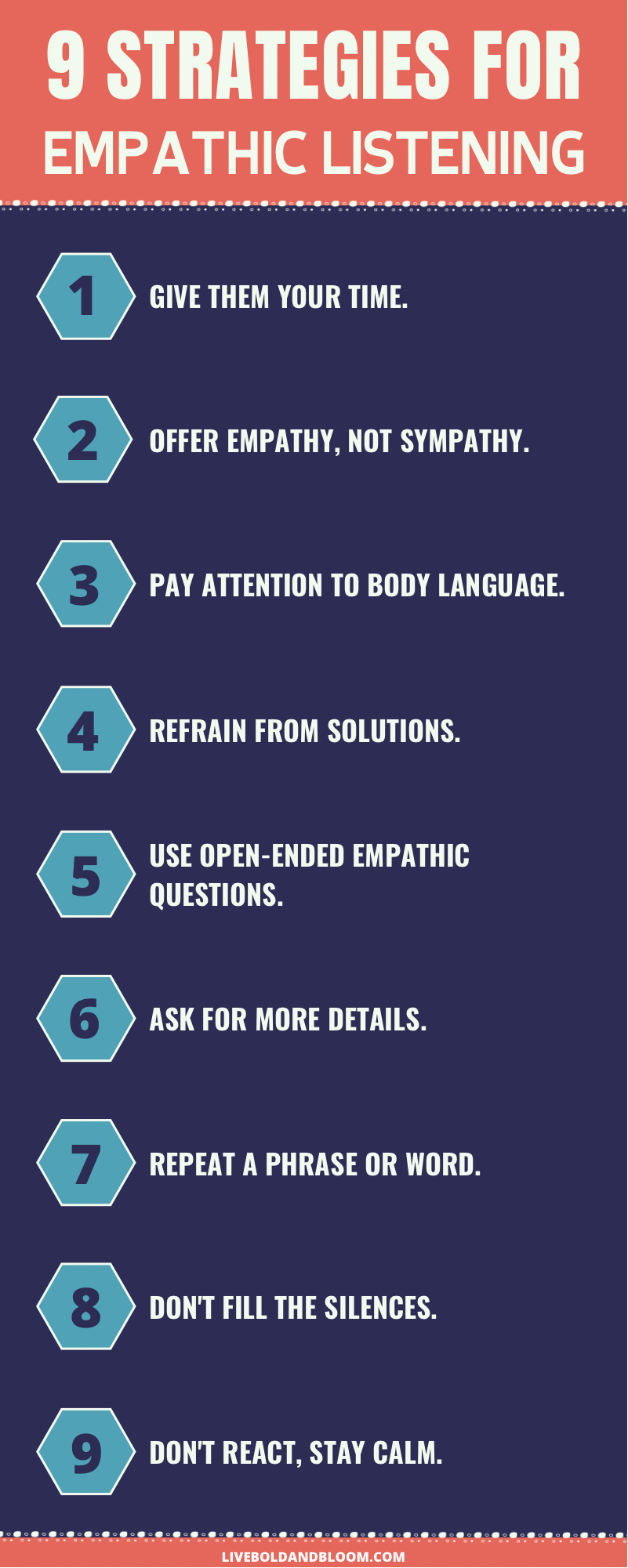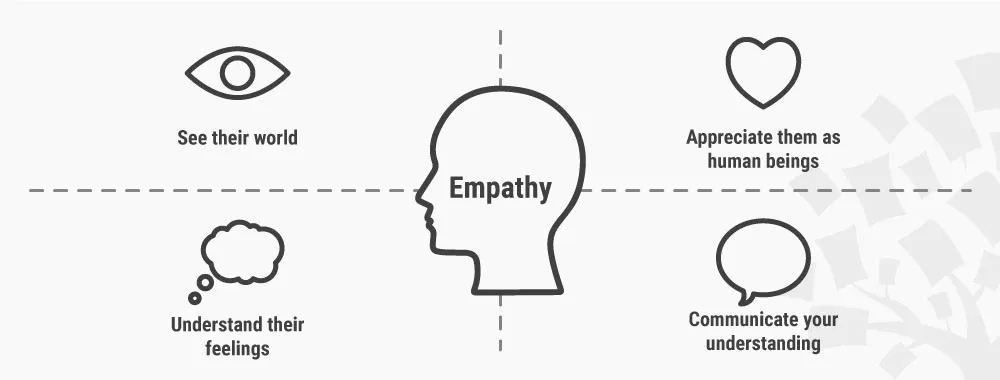
Motivational interviewing (MI) insists that the interviewer, and the client’s social network, provide empathy and emotional support during stages of behavioural change.1 However, although social support is viewed as beneficial, the delivery of such support is often ineffective. As such, the following will explore constituents of effective emotional support and solutions to improve the same.

Jones et al2(839) noted that of all support types (network support, information, advice), emotional support is particularly beneficial when coping with difficult emotions such as those associated with eating disorders (EDs). Interestingly, strong empirical research emanating from conversational data has suggested that people, in general, do not produce high-quality support (HQS).2(839)HQS is characterized by a high degree of person centeredness; a particularly important component of HQS. Such a constituent is validated as critical since most support seekers prefer person centered support (PCS) and feel better after having experienced the same.2(839)

Although support seekers desire PCS, they have reported receiving a modicum of such support. Some of the feedback from support seekers included unsupportive messages that are often inappropriate, untimely, and/or excessive, though well-intended.2(839) Considering the critical nature of HQS and PCS, Jones et al2(839) outlined several factors deemed essential to deliver PCS effectively: skill, personality, and attributional intentions. However, a less appreciated and explored factor lies behind the challenging nature of providing support; managing personal demands while listening to a suffering individual while expressing care and compassion. Such a situation can place large emotional demands upon the provider.2(840)

One potential factor that could improve a provider’s capacity to deliver effective emotional support is mindfulness, or attention placed upon one’s own sensory experiences. Although seemingly incompatible with providing support to another person, such an approach might induce helpful and constructive effects with the provider.2(840)Research has indicated that mindfulness can positively affect cognitive and affective functioning in a way that helps providers guard against over-engagement with emotions. Furthermore, mindfulness can increase one’s self-efficacy while decreasing stress and anxiety.2(841-842)

Research has indicated that high person centered (HPC) messages are the most effective method of delivery, composed of an explicit recognition and validation of emotions while encouraging the client to talk about them.2(841)Such an approach helps the client regulate upsetting emotions in a productive manner, also known as reappraisal. However, messages low in person centeredness (provider denies and minimizes client feelings and challenges the legitimacy of the same), and messages moderate in person centeredness (recognize the upset person’s emotional state giving sympathy, distracting the other person’s attention away from the stressful events) were not as effective as HPC.2(841)

Since emotional support serves to reconcile difficult emotions, supportive messages from the provider must include active listening and empathy towards the client, as well as helping alleviate negative emotions experienced by the person.2(840) Active listening can be defined as effectively attending, understanding, and interpreting messages from the client in addition to effectively motivated and energized to attend to another person, and effectively signaling to the client via verbal and body language that they have received and understood the conversation.2(843) Empathy can be defined as a vicarious feeling with a person who is suffering, and is considered a fundamental human trait deeply embedded in evolution.2(842) Furthermore, studies have indicated that the presence and use of empathy predicted the provision of emotional support messages that were higher in person centered qualities.2(843)

In conclusion, individuals seeking to change behaviours require strong emotional support from their social networks and professionals. Although support is valued amongst support seekers, it is often implemented in an ineffective fashion. However, if individuals consider the components of effective emotional support such as HPC messages, empathy, and active listening, such awareness could serve as a critical first step for improving the delivery of such support among professionals and social support networks.
References
1. Bundy C. Changing behaviour: Using motivational interviewing techniques. J R Soc Med. 2004;97(44):43-47.
2. Jones SM, Bodie GD, Hughes SD. The impact of mindfulness on empathy, active listening, and perceived provisions of emotional support. Commun Res. 2019;46(6): 838-865. Doi:10.1177/0093650215626983.
-Michael McIsaac
